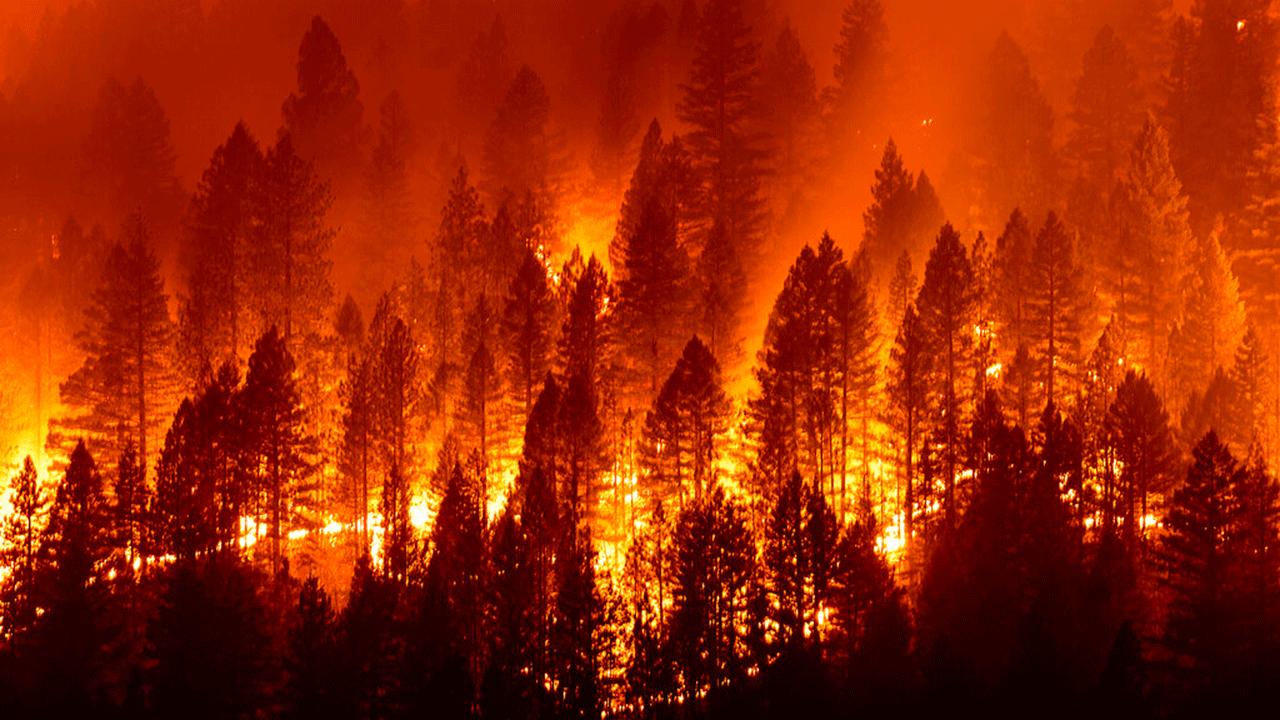Fourth-generation dairy farmer warns looming federal restrictions could end family farms
Dairy farmers Stephanie and Steven Nash describe the obstacles facing small family farmers.
Drought, supply chain shortages and the rising cost of doing business led to a difficult 2022 for American farmers, but 2023 could be even worse, a fourth-generation dairy farmer said.
"I definitely think we have a food security threat," Stephanie Nash, a Tennessee farmer and agriculture advocate told Fox News. "I believe 2023 is going to be rough. Worse than this year."
Food prices have been outpacing overall inflation in 2022 as November food prices showed a 10.6% increase compared to last year, while overall inflation hit 7.1%, according to the Bureau of Labor Statistics.
A number of factors have contributed to rising food prices, including fertilizer and fuel shortages, extreme weather conditions and rising interest rates in an industry that relies on debt financing, Nash said.
"2022 was a really hard year," the 29-year-old said. "I think there's going to be a lot of shortages next year for sure."
"We're going to have a supply chain shortage, we're going to have an increase in our food [prices] at the grocery store," she added. "I don't think it's going to go down anytime soon, and I think Americans are really going to be hurting in their wallet."
Most U.S. farmers take out short-term, variable-rate loans each year to pay for everything from seeds and fertilizer to livestock and machinery, according to the Department of Agriculture. As a result, the Federal Reserve's aggressive interest rate increases from as low as 0% to as high as 4.25% has raised the cost of farm operations.
DAIRY FARMER WARNS THIS COULD BE THE END OF FAMILY FARMS: WATCH HERE
CLIMATE CHANGE PROPOSALS PUTTING AMERICAN FOOD SUPPLY AT RISK, SAYS DAIRY FARMER
"You have family farmers and ranchers that can't pay their bills," Nash said. "You talk about loans — that's a big deal."
"Food costs are increasing, the overall production of our operation are increasing," she added. "We have to be able to get paid more to make it."
The farming sector's total interest expense is forecast to hit nearly $26.5 billion this year, nearly 32% higher than last year, according to USDA data. Due to higher fertilizer, fuel and land costs, farmers must decide whether they'll reduce their crops and cattle or endure as they struggle to repay larger loans, according to two dozen farmers and bankers interviewed by Reuters.
"We see products in the grocery store increasing, and I think a lot of people don't understand that," Nash said. "We're not the ones pushing for increasing, we are making less than ever."
CALIFORNIA’S DROUGHT DISASTER IS TURNING INTO AN ECONOMIC DISASTER: ‘IT’S UNPRECEDENTED’
One of the worst droughts the country has seen in decades is also helping fuel food inflation. As of Tuesday, 53.2% of the lower 48 states is in a drought, according to the U.S. Drought Monitor.
"I think that's a big threat to the United States: weather, drought and water," Nash told Fox News. "We really didn't initiate any new programs to help farmers with devastation across America."

Severe drought and wildfires have caused farmers across the country to reduce crops, cattle sizes. ((AP Photo/Noah Berger))
"There's a lot of great programs out there that do try to help farmers when they get sick or maybe a death in the family, but the government doesn't really capitalize on devastation," she added.
Nearly three-quarters of farmers saw a reduction in harvest yields due to drought, according to 2021 American Farm Bureau Federation poll of American food producers.
Similarly, two-thirds of ranchers and livestock farmers reported selling off animals, with average herd sizes expected to be down 36%, the poll showed. The biggest herd declines are in Texas (down 50%), New Mexico (43%) and Oregon (41%), showing the wide geographic distribution of the distress.
CLICK HERE TO GET THE FOX NEWS APP
"Look at Texas, how big they are in the beef industry," Nash said. "It's a really sad situation to be in when farmers have to sell off their cattle so aggressively."
She said independent farmers need additional support to stay afloat.
"We have to be able to get paid more to make it and stay in the family farming and ranching community," Nash told Fox News.












































